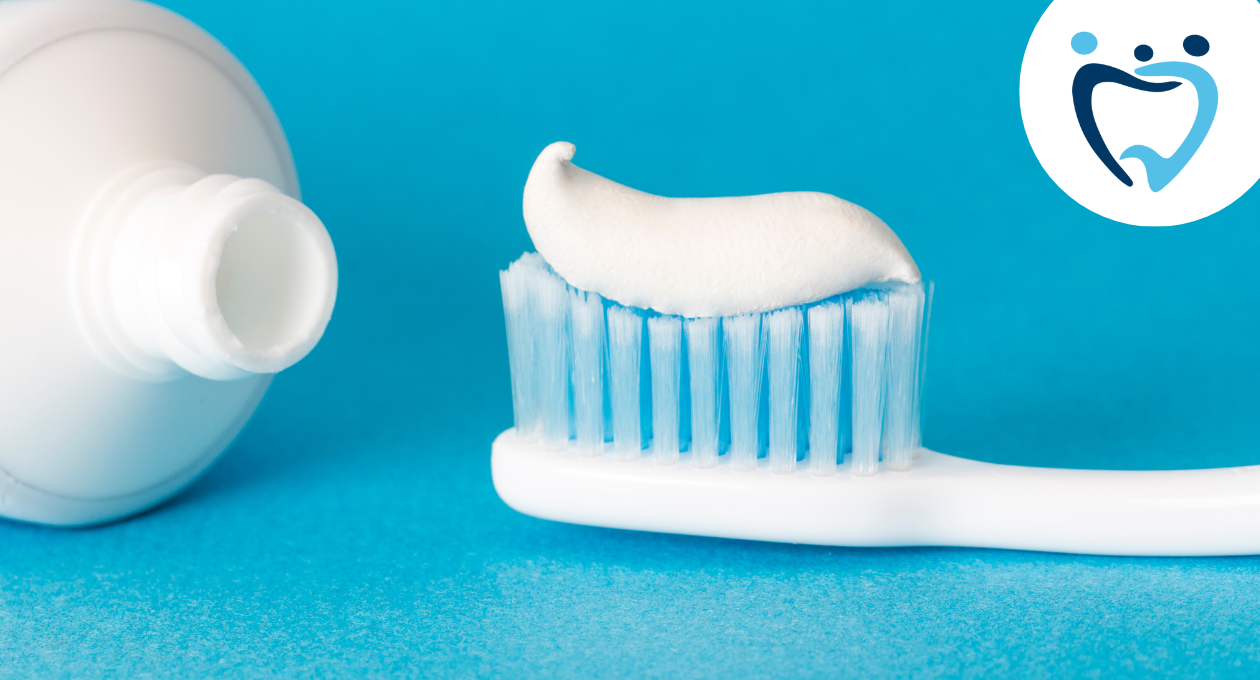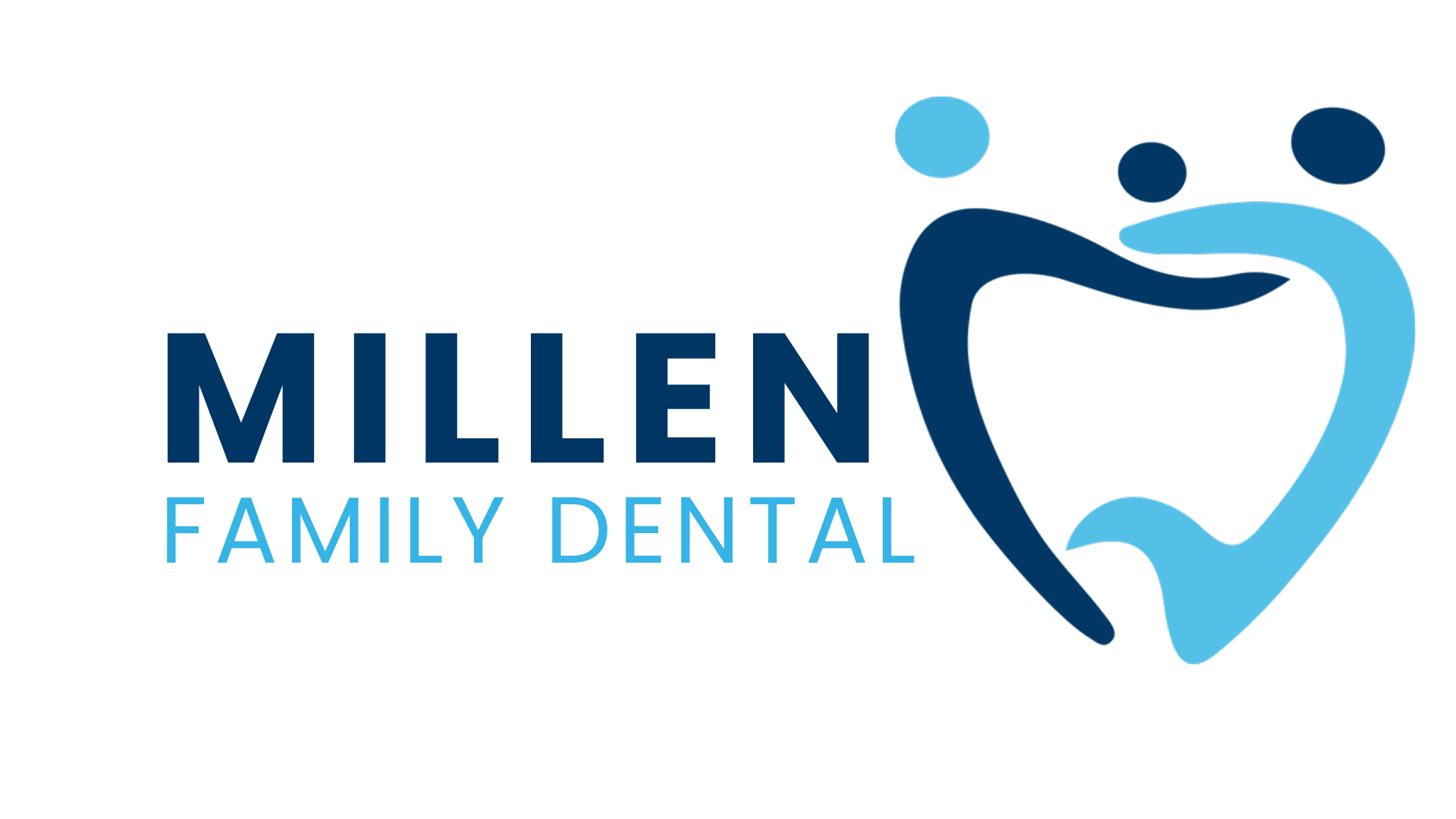
3 Easy Habits To Keep Your Teeth Healthy
When it comes to daily dental habits, most of us only think of flossing and brushing our teeth.
But did you know you can start three daily habits which take almost no time, but can make a
significant difference in your dental health?
Using a straw
The first habit you can implement to keep your teeth healthy is to start using a straw. When
you use a straw, you prevent your teeth from getting stained and protect your teeth from acid and
sugar damage. Using a straw prevents your teeth from being stained because it decreases contact
between the drink and the surface of your teeth.
When you eat or drink anything, it’s inevitable that over time it will stain your teeth, but there
are ways to minimize the discoloration. According to California dentist Dr. Tina Saw
“drinking through a straw is one of the biggest ways to minimize teeth staining.”
Most stains are extrinsic stains, which means that they only affect the enamel on a surface level.
This staining can be easily addressed by your dentist, but it’s far better to prevent staining before it occurs.
Soda, coffee, and tea all have been shown to cause staining. When you drink them without a straw, the
liquid fully coats your front teeth, but by drinking through a straw, the staining beverages are
directed past the front teeth and into the mouth, minimizing the discoloration they can cause.
Using a straw also protects your teeth from the damage caused by sugar and acid. Popular drinks
like coffee, alcohol, and soda, all have either excessive amounts of sugar or a high pH. The sugar
in soda creates an acidic environment in your mouth, as do coffee and alcohol. When they mix
with your oral bacteria, the acid attacks your teeth and harms your enamel. Research shows
acidity has a strong impact on dental health. Over time, a sugary, acidic oral environment leads
to the development of cavities, putting you at higher risk of dental decay. When you use a straw,
it minimizes the amount of sugar and acid that your teeth are exposed to by lessening the contact
between the teeth and the acidic drink.
One added benefit of using a straw is that many people find they drink more water throughout
the day when they drink through a straw. This is because it’s more convenient to sip through a
straw than to tilt a glass to your face. For both your dental and general health, staying hydrated is
extremely important.
Ideally, limit the amount of sugary acidic drinks you consume, but if you choose to consume one,
use a straw. Place the tip of the straw just past your front teeth and tongue, which will prevent
staining and protect your teeth from the sugar and acid in the drink.
Brushing after 30 minutes
You’ve probably been told that it’s ideal to brush your teeth right after a meal. But in some cases,
did you know that this might actually be damaging your teeth? Each of your teeth is protected by
its own little shield of enamel. Enamel is exceptionally durable and sturdy, even stronger than
your bones, but one thing can easily damage it: acid. Your mouth naturally regulates its pH
levels, to maintain a stable pH balance. When you eat or drink anything, that substance alters the
pH balance in your mouth. If you drink or eat something acidic, then your mouth’s pH becomes
slightly more acidic, causing an environment where decay-causing bacteria can form. When it’s
exposed to foods and drinks containing acids, the enamel protecting your teeth grows weaker. In
this softened condition, it’s more vulnerable to damage. If you brush your teeth while your
enamel is soft, you might be brushing away the enamel that’s supposed to be protecting your
teeth! Even brushing with a soft bristle brush or brushing very gently can still be too abrasive for
your teeth if they’ve recently been exposed to acids. Dr. Ezzard Rolle, a professor of dental
medicine at Columbia University, recommends “holding off on brushing after consuming
anything acidic, whether it’s fruit, soda, juice, or sour candy.”
The good news? Our teeth slowly harden themselves again, renewing the enamel until it’s back
to its full strength. Even after acid exposure, your teeth make themselves as good as new, and
amazingly, this process only takes half an hour. Your saliva washes away the acid and your
enamel hardens itself again. If you don’t wait to brush your teeth, you risk enamel erosion, which
makes teeth more sensitive and causes discoloration. To protect your teeth, wait at least half an
hour to brush your teeth after eating sour candies or citrus fruits, or drinking juices, sodas, or
coffee. The American Dental Association recommends that you wait a full 60 minutes before you
brush your teeth, to ensure your enamel is fully hardened. To cut down on your risk of cavities,
limit your intake of acidic foods and drinks, but if you choose to enjoy an acidic snack or drink,
make sure you wait at least half an hour before you brush your teeth, if not a full hour.
What’s most important is that you do brush your teeth after consuming acidic substances. If you
don’t brush your teeth, plaque builds upon the surface of the teeth and attacks the enamel. It’s
important to brush effectively with proper technique, just wait until the enamel has fully
hardened.
Lastly, while you’re waiting to brush your teeth, drink a glass of water as soon as you’ve finished
your acidic treat. This limits the damage the acid does, gently washing away the acid left on your
teeth without the abrasion that brushing causes.
Stop Snacking
How often do you reach for a snack during the day? What do you eat to soothe cravings when
you’re hungry? And how often do you remember to brush your teeth after enjoying a snack?
Snacking throughout the day is a bad habit that can seriously affect your dental health.
Here’s the reason snacking is problematic: when you snack between meals, the food you’re
consuming stays on your teeth for hours, because most people don’t brush their teeth thirty
minutes after their snack. All the sugar and acid from the food you’ve consumed sits on your
teeth and isn’t brushed away for hours. Typically, the kind of foods most people snack on also
tend to be higher in sugar and carbohydrates, which encourage the growth of bacteria that cause
cavities. Here are two tips to minimize the damage from your afternoon snack; limit snack
frequency and choose snacks wisely.
Your mouth naturally balances its pH and restores its enamel density, but these processes take
time. Normally, after breakfast, lunch, or dinner, your mouth has a few hours for restoration and
rest, so that by your next meal the pH of your mouth and the strength of your enamel are back to
their usual state. When you indulge in a snack, the pH and enamel are affected again. If you
snack an hour or two after your last meal, you aren’t giving your mouth enough time to balance
and restore itself. If your pH is consistently acidic, you put yourself at higher risk for developing
a cavity, and if your enamel isn’t given enough time to harden again, your teeth are even more
vulnerable. As far as possible, limit your snack intake. To make this possible, prioritize regular
meals. The best way to reduce snack cravings is to eat healthy, filling meals, so that your body
won’t need more fuel in between meals. During meals, your body produces more saliva, so it can
more easily digest a larger amount of food, and that extra saliva washes away the harmful acid
from your teeth. Less saliva is produced during a snack, so the acid stays on your teeth. This
makes snacks much more likely to give you cavities. Preferably, we would all eat only at
mealtimes, but sometimes that just isn’t possible, and a snack is necessary. Snack less, if
possible, and if not, then select snacks smartly.
Choose something that is healthy for your body and good for your teeth. Avoid foods that are
sugary and full of carbohydrates, as these can encourage the growth of cavity-causing bacteria.
Instead, choose a snack that won’t harm your teeth, like fruits and vegetables, cheese, or nuts.
Because of their high fiber content, raw vegetables disrupt plaque growth and help to keep your
teeth clean. For example, carrots, cucumbers, and celery have a natural scrubbing effect on the
teeth. An added benefit is that vegetables tend to be slightly alkaline. This makes vegetables an
excellent choice to keep your mouth pH healthy and balanced, as are non-acidic fruits like
apples, grapes, or kiwis. Other snacks are good for your teeth too; mushrooms, meat, and green
tea contain properties that can actively combat tooth decay. Foods like yogurt, nuts, and cheese
stimulate saliva production, which helps keep your mouth healthy. By avoiding salty and sugary
snacks, you can still enjoy snacks without compromising your dental health. If you can’t resist a
sugary treat, remember to brush your teeth after half an hour.
These three habits are simple to implement, but don’t forget other habits! It’s important to keep
up with habits like brushing and flossing too. Going to the dentist for checkups is important, but
the most important factor in keeping your teeth healthy is your daily habits.
